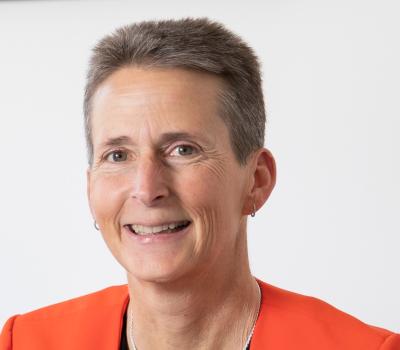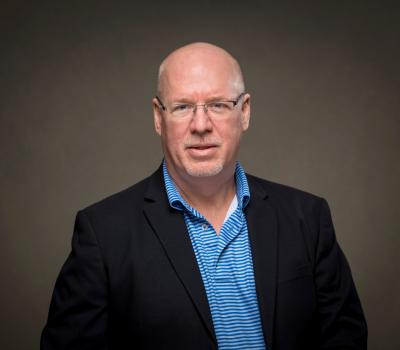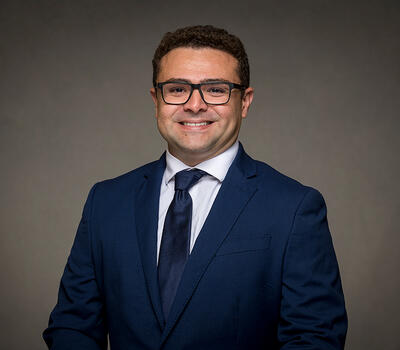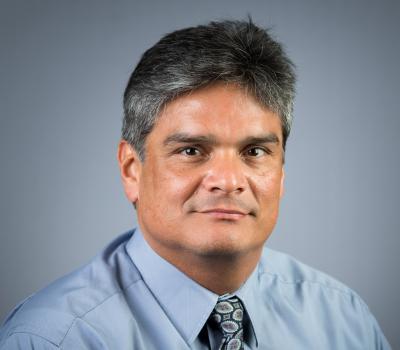Industrial and Systems Engineering uses engineering methods and knowledge from the mathematical, physical, biological, information, social, and management sciences to develop, implement, operate, evaluate, and improve complex systems involving people and technology. Engineers in this area work with systems that produce goods and services across organizations, large and small, public and private, as well as for-profit and not-for-profit. MIME-based research in Industrial and Systems Engineering encompasses three thematic areas:
Human Factors and Ergonomics
Human Factors and Ergonomics Engineering discovers and applies scientific principles to develop systems in which people play significant roles as users, operators, and maintainers. To achieve high levels of system performance and human productivity, health, safety, and satisfaction, Human Factors Engineering explicitly considers human sensory, perceptual, cognitive, and physical characteristics in the design and evaluation of tools, equipment, workstations, and tasks for manufacturing, aerospace, healthcare, and other complex systems.
Operations Research and Analytics
Operations Research and Analytics applies computational and mathematical methods, many of which involve data and decision making to the design, operation, and optimization of complex systems that produce and deliver goods and services. Researchers use a wide set of methodologies that include mathematical programming and optimization, simulation, and probabilistic/statistical analysis to address decision problems at the strategic, tactical, and operational levels. Common application domains are of production and logistics, transportation, healthcare, and manufacturing systems.
Systems and Engineering Management
Systems and Engineering Management is focused on the discovery of fundamental tenets and convergences of engineering and management practices to design, realize, and manage complex socio-technical systems. High performance in complex socio-technical systems depends on the creation and innovation of engineering management principles, systems science and systems thinking, organizational and safety culture, design of management systems, organizational performance measurement, process improvement, and engineering economics. Research includes 1) the design of holistic systems to manage and improve socio-technical systems, 2) modeling and managing the effects that peer influence has on decision making, 3) application of systems thinking principles to enhance the organizational effectiveness, 4predicting and managing project failures and termination strategies, and 5) economic modeling and cost estimation.
Research Areas
Transportation
-
Design of accessible aircraft lavatories
-
Development of universal accessibility standards in transportation
-
Effective project management techniques for bridge replacement projects
-
Human factors issues in the Next Generation Air Transportation System (NextGen)
-
Human factors of ADS-B and cockpit displays of traffic information
-
Impact of technology on humans
-
Universal design for accessibility in transportation systems
Health Care
-
Design of A3 problem solving training for healthcare organizations
-
Design of continuous improvement processes and performance measurement systems in healthcare
-
Identification and mitigation of operating room distractions
-
Identification of systemic vulnerabilities to human error in the operating room
-
Innovation and continuous improvement for ad-hoc operating room turnover teams
Manufacturing and Design
-
Collaborative design in cyber environments
-
Creating effective global manufacturing and design teams
-
Creating successful Kaizen events for manufacturing performance improvement
-
Design of A3 problem solving training for manufacturing organizations
-
Developing shared mental models and trust in virtual teams
-
Development of a haptic device for fine motor control
-
Explore automation potential of human-centric operations
-
Facilitating communication and awareness about uncertainty and risk in the design process
-
Partner selection in virtual organizations
Faculty

Toni L. Doolen
ProfessorMechanical, Industrial, and Manufacturing Engineering Industrial and Systems Engineering

David Kaber
College of Engineering Dean's ProfessorCollaborative Robotics and Intelligent Systems Institute | Mechanical, Industrial, and Manufacturing Engineering Industrial and Systems Engineering

David Kim
Emeritus ProfessorMechanical, Industrial, and Manufacturing Engineering Industrial and Systems Engineering

Leandro F. Maia
Assistant ProfessorMechanical, Industrial, and Manufacturing Engineering

David Porter
Professor of Industrial and Manufacturing EngineeringMechanical, Industrial, and Manufacturing Engineering Industrial and Systems Engineering

Hector Vergara
Associate Professorhector.vergara@oregonstate.edu
Mechanical, Industrial, and Manufacturing Engineering Manufacturing Systems Engineering | Industrial and Systems Engineering